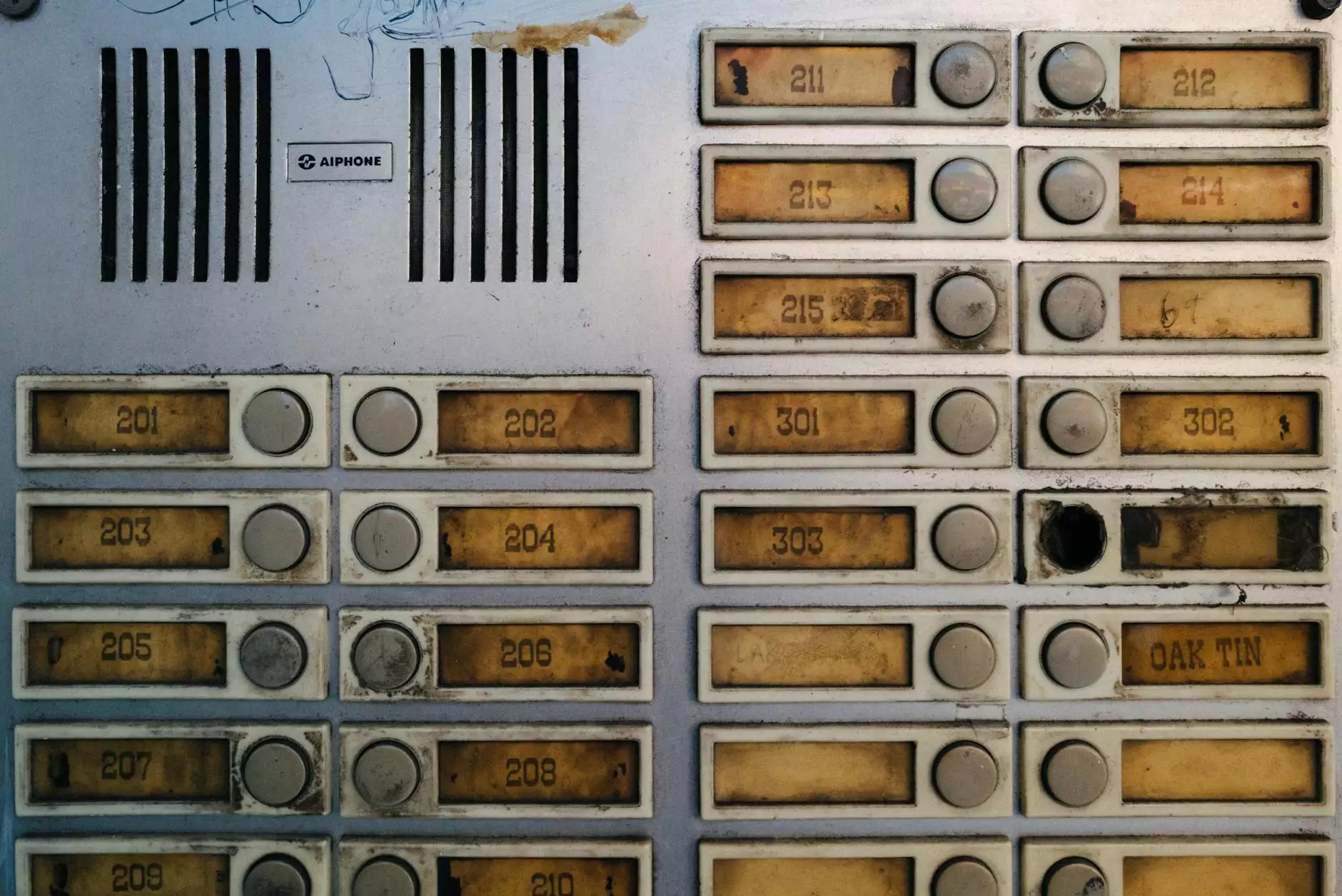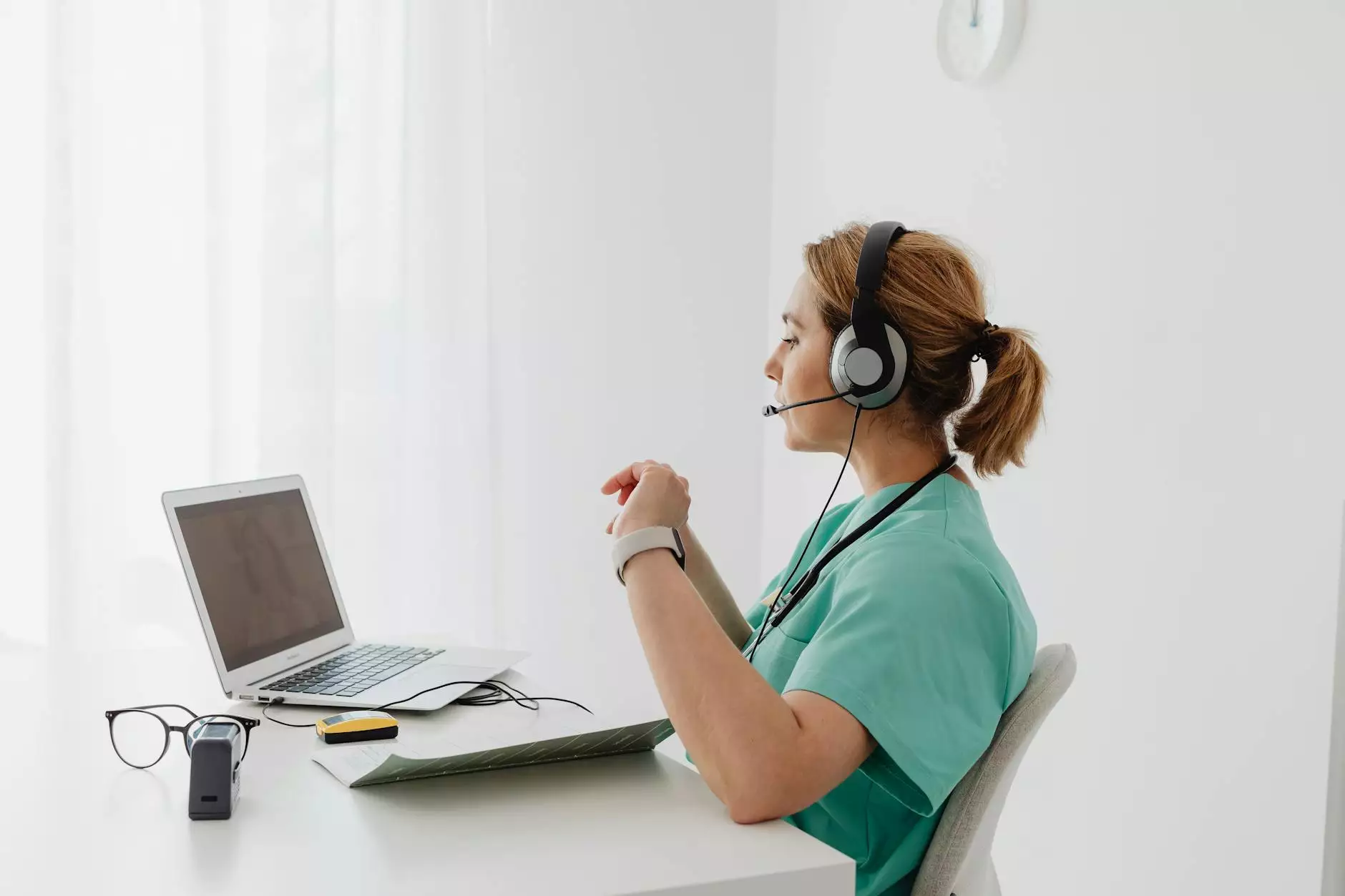Transforming Healthcare Access: The Role of Mobile Health Clinics in Africa

The healthcare landscape in Africa presents numerous challenges, including limited access to medical facilities, shortage of healthcare professionals, and logistical barriers. Mobile health clinics have emerged as a transformative solution, significantly improving access to healthcare services in remote and underserved communities. This article explores the various aspects of mobile health clinics in Africa, their benefits, and their growing importance in the fight against health disparities.
The Need for Mobile Health Clinics in Africa
In many African countries, healthcare infrastructure is often inadequate, particularly in rural areas. Mobile health clinics address several critical issues:
- Geographical Barriers: Many communities are located far from urban centers where healthcare facilities are typically located.
- Transport Limitations: Poor infrastructure makes traveling to clinics difficult for patients in remote areas.
- Resource Constraints: Local health facilities may be under-resourced, lacking essential medical supplies and personnel.
What Are Mobile Health Clinics?
Mobile health clinics are specially equipped vehicles that provide essential health services directly to communities. These clinics can vary in size and capability but often include the following services:
- Preventive care, such as vaccinations and screenings
- Primary care consultations
- Maternal and child health services
- Education on health and wellness
- Chronic disease management and referrals
Benefits of Mobile Health Clinics in Africa
The implementation of mobile health clinics in Africa yields numerous benefits that directly impact community health and well-being:
1. Enhanced Access to Care
Mobile health clinics significantly increase access to healthcare for marginalized populations. By bringing medical services directly to the communities, they remove logistical barriers and make it easier for individuals to seek care.
2. Cost-Effective Solutions
Operating a mobile health clinic can be more cost-effective than building and maintaining a static healthcare facility, especially in remote regions. They reduce the need for expensive infrastructure while maximizing outreach and services.
3. Community Engagement and Education
These clinics engage directly with communities, facilitating health education programs. They empower residents with knowledge about disease prevention, nutrition, maternal health, and more, fostering a culture of health awareness.
4. Regular Health Monitoring
Mobile health clinics can conduct regular health check-ups and screenings, helping to detect diseases in their early stages. This proactive approach can lead to better health outcomes and reduce the burden on local hospitals.
Challenges Faced by Mobile Health Clinics in Africa
Despite their numerous benefits, mobile health clinics in Africa face several challenges that can hinder their effectiveness:
- Funding Limitations: Many mobile clinics rely on donations and grants, which can be unpredictable and insufficient to cover operating costs.
- Regulatory Barriers: Navigating health regulations across different regions can pose a challenge for mobile clinic operations.
- Logistics and Maintenance: Keeping mobile units operational and well-supplied requires careful planning and resources.
Success Stories of Mobile Health Clinics in Africa
Numerous success stories exemplify the positive impact of mobile health clinics in Africa. Here are a few notable examples:
Case Study 1: The Healthy African Foundation
The Healthy African Foundation operates mobile clinics in rural Zambia, providing essential maternal and child health services. Since their inception, they have greatly reduced maternal mortality rates in the communities they serve.
Case Study 2: Operation Smile
Operation Smile utilizes mobile teams to provide free surgeries for children with cleft lip and palate conditions in several African countries. Their mobile clinics not only perform surgeries but also educate families on oral health.
Case Study 3: The Africa Mobile Health Project
This initiative focuses on reducing the prevalence of communicable diseases like malaria and HIV/AIDS through mobile testing and treatment clinics. Their extensive reach has significantly increased awareness and treatment adherence in affected areas.
The Future of Mobile Health Clinics in Africa
As technology continues to evolve, the future of mobile health clinics in Africa looks promising. Emerging trends and innovations include:
- Telemedicine Integration: Many mobile clinics are incorporating telemedicine solutions, allowing healthcare providers to extend their reach and provide consultations beyond physical limitations.
- Data Collection and Analytics: Utilizing mobile health technology to collect health data can help identify trends and tailor health interventions more effectively.
- Partnerships and Collaborations: Working with local governments, NGOs, and private sectors can help secure funding and support for mobile clinic initiatives.
How to Support Mobile Health Clinics in Africa
Supporting mobile health clinics is crucial for enhancing healthcare access. Here are ways to contribute:
1. Donations
Financial contributions can help cover operational costs such as fuel, medical supplies, and personnel. Many nonprofit organizations manage mobile clinics and rely on donations to sustain their services.
2. Volunteering
Healthcare professionals can volunteer their time and expertise to deliver care and educate communities during clinic visits. Their skills are invaluable in improving health outcomes.
3. Advocacy and Awareness
Raising awareness about the importance of mobile health clinics can lead to increased funding and community support. Advocacy efforts can help bring attention to the healthcare needs in underserved populations.
Conclusion
The role of mobile health clinics in Africa cannot be overstated as they are instrumental in bridging the gap in healthcare accessibility. By overcoming physical and logistical barriers, these clinics ensure that even the most isolated communities receive essential medical services. They not only improve health outcomes but also empower individuals with knowledge and resources, paving the way for healthier futures.
As we move forward, strengthening mobile health initiatives and supporting them through funding, volunteer work, and advocacy is paramount. The future of healthcare in Africa relies on innovative solutions like mobile health clinics to make healthcare a reality for all.









